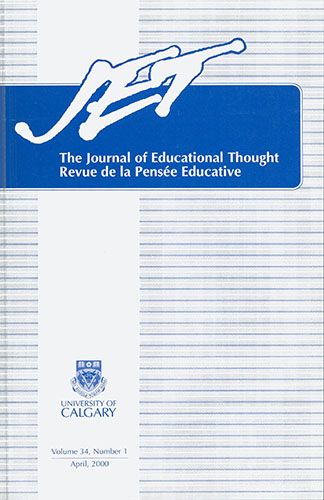Technology and Inequality Within the United States School Systems
DOI:
https://doi.org/10.55016/ojs/jet.v34i1.52609Abstract
As technology becomes an increasingly important tool that students will need to succeed in life, it falls upon educators, parents, and society as a whole to make sure that students are being taught these skills. Through analysis of existing research, data, and publications, this article examines some of the reasons why not all students are afforded equal opportunities to acquire technology skills. Three main impediments to technological equalization in the United States school systems are examined: a) gender bias, b) geographical location bias, and c) racial bias. The overview afforded by this article attempts to show how these biases individually and together tend to work to prevent all students from receiving equal opportunities to learn and master the technological skills that will be required of them upon graduation from high school. Implications for the future action and research are discussed.
Downloads
Published
Issue
Section
License
The Journal of Educational Thought retains first publication rights for all articles. The Journal grants reproduction rights for noncommercial educational purposes with the provision that full acknowledgement of the work’s source be noted on each copy. The Journal will redirect to the appropriate authors any inquiries for further commercial publication of individual articles. All authors wishing to publish in JET will be asked to fill in and sign a Consent to Publish and Transfer of Copyright agreement.
Authors must affirm that any submission to JET has not been and will not be published or submitted elsewhere while under considration by JET.

